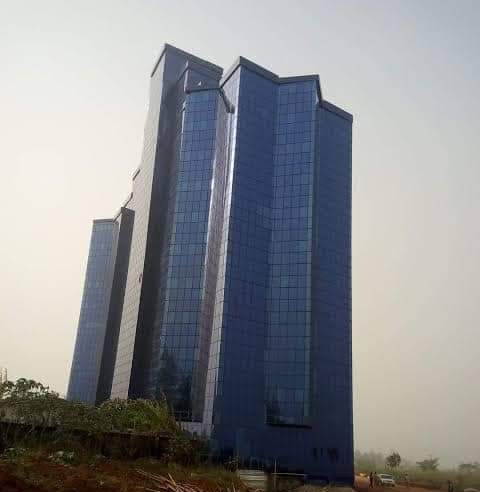The recent Bloomberg report that the Dangote tomato processing factory located in Kano had been idle due to lack of tomatoes to process into paste remains a painful drawback to ongoing backward integration in the sub-sector and agro diversification policy of the Federal Government.
The report revealed that the farmers engaged to supply the factory with raw materials had abandoned tomato farming at the start of the rainy season in May, and moved to cultivation of other crops where they are likely to make more money.
Business Hilights recalls that the multibillion naira factory, said to be Nigeria’s largest with capacity to process 1,200 tonnes of tomato a day had resumed operations in March after being idle for three years.
Already, the Managing Director of Dangote Farms, Abdulkareem Kaita revealed that the company is losing at least N30m every month that it remains shut.
But in an interview, a Kebbi State based farmer who is familiar with crop farming economics, Alhaji Hassan Mohammed explained to Business Hilights Northern Bureau chief that “First of all, crop farmers are like Texi Drivers, who dump routes that no longer yield passengers to routes that boost of high number of passengers’.
“With this in mind, Tomato farming is sensitive and demands a lot of cares and medication plus training and regular retraining of farmers.
“I remember when a kind of infection came to Tomato farms across the north. Majority of the farmers that lost their yields never received any form of assistance from the Federal Government and that singular factor created high level discouragements for the farmers hence they dumped the crop for others in search of survival.
“If I may advise the managers of Dangote Tomato factory, it is important it begins a new approach to sustaining its production. As big as the company, I don’t see anything wrong in setting up strategic farms solely for Tomato with duly employed and catered staff who must be undergoing regular training on new planting and management systems so that sources of the core raw material; Tomato could be guaranteed.
“Yes, buying from independent farmers is good and cheap, but the dangers are what the company is currently suffering.
“I think establishing a multibillion naira Tomato factory and relying on buying from farmers without having and running the company’s own and managed farms is counterproductive.
On the way out, Alhaji Mohammed advised the management team to go back to the drawing board and begin to build up a Tomato farm scheme that will be feeding the factory than relying on mopped up products from local farmers who can decide to dump the crop at will for another fast money spinning crops.
Details on the operational activities of the Dangote Tomato factory showed that the plant needs about 40 trucks of fresh tomatoes per day with each truck handling 30 tonnes of produce.
Inaugurated in March 2016 to reduce importation of tomato paste estimated at 400,000 tonnes annually following presidential ban on paste imports, the company had made serious inroads in production until recently.
Business Hilights recalls that one of the indigenous manufacturers, Erisco Foods had relocated to China and continued production due to the unilateral ban on foreign products, saying the ban frustrated its factory expansion plan leaving him with no other option than to relocate to another African country or China where both government policy and needed infrastructure are salutary.








